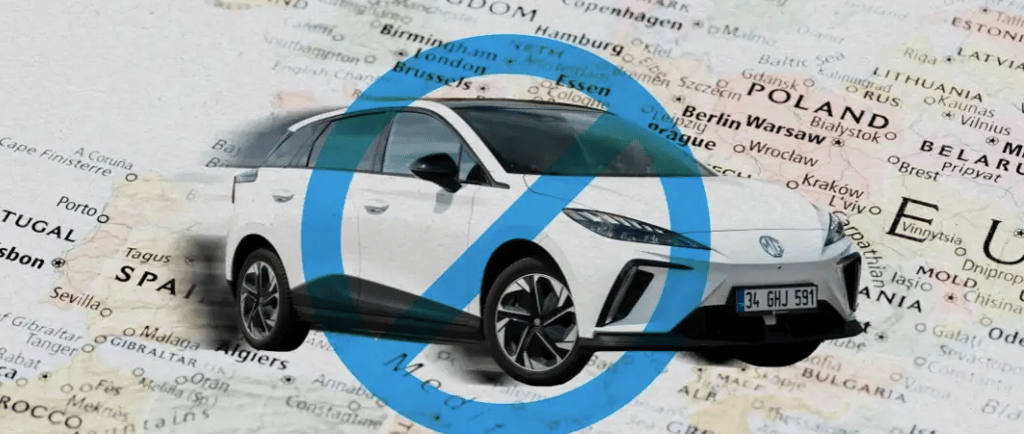Sino-European Trade Friction Escalates, EU Launches Anti-Subsidy Probe into Chinese EVs
The European Commission officially announced the launch of an anti-subsidy investigation into electric vehicles manufactured in China. The core allegation was that these vehicles benefited from massive Chinese government subsidies, allowing them to flood the European market at unfairly low prices and threaten Europe's domestic auto industry.
CHINA,ECONOMY
Global N Press
6/22/20241 min read


In June 2024, the European Commission and China's Ministry of Commerce held talks in Brussels regarding Chinese electric vehicle manufacturers.
The European Commission officially announced the launch of an anti-subsidy investigation into electric vehicles manufactured in China. The core allegation was that these vehicles benefited from massive Chinese government subsidies, allowing them to flood the European market at unfairly low prices and threaten Europe's domestic auto industry. China's Ministry of Commerce expressed strong dissatisfaction and opposition, warning that the move constituted "trade protectionism" and could lead to an escalating trade war. The EU's probe aimed to prepare for the potential imposition of punitive tariffs on Chinese EVs.
This investigation marked a new phase of tension in Sino-European trade relations, signaling that the EU had formally designated China as a "systemic competitor." From a conservative perspective, there is growing Western alarm over the conflict between China's "state capitalism" model and free-market principles. The action directly impacted the global expansion strategy of the Chinese EV industry, accelerating the geopolitical restructuring of the global automotive supply chain during the electric transition, and pressuring China to seek reliance on regional mechanisms like RCEP to offset pressures from the U.S. and EU markets.




